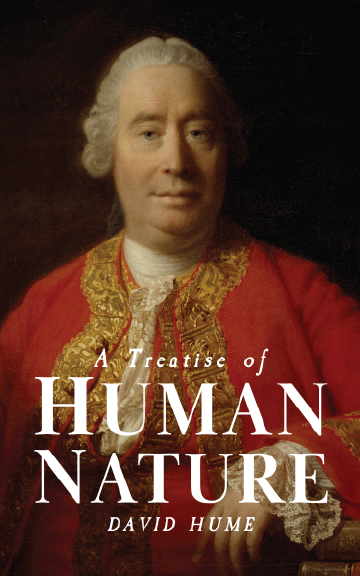A Treatise on Human Nature
A Treatise on Human Nature
The Scottish Enlightenment gave us the poetry of Robert Burns and the economic theory of Adam Smith, among other great works and achievements. Still, it is the ideas of David Hume that are perhaps the most influential products of that remarkable era.
In A Treatise of Human Nature Hume takes the empirical, experimental, scientific approaches of Isaac Newton but shifts the focus away from the physical sciences, instead looking at human psychology, philosophy and morality. Throughout the Treatise, Hume examines some of the ideas that would make him a Titan of modern philosophy, such as the problem of induction and the simultaneous influence of determinism and free will.
The book became one of the cornerstones of philosophical understanding for more than a century afterwards, acting as a foundational text for much of the work of intellectual enquiry that would follow in Europe and America in the 19th Century. Now almost 300 years old, Hume's ideas are no longer at the cutting edge of philosophical discourse, but today's thinkers certainly owe a debt to his scientific interrogation of morality and human nature.



